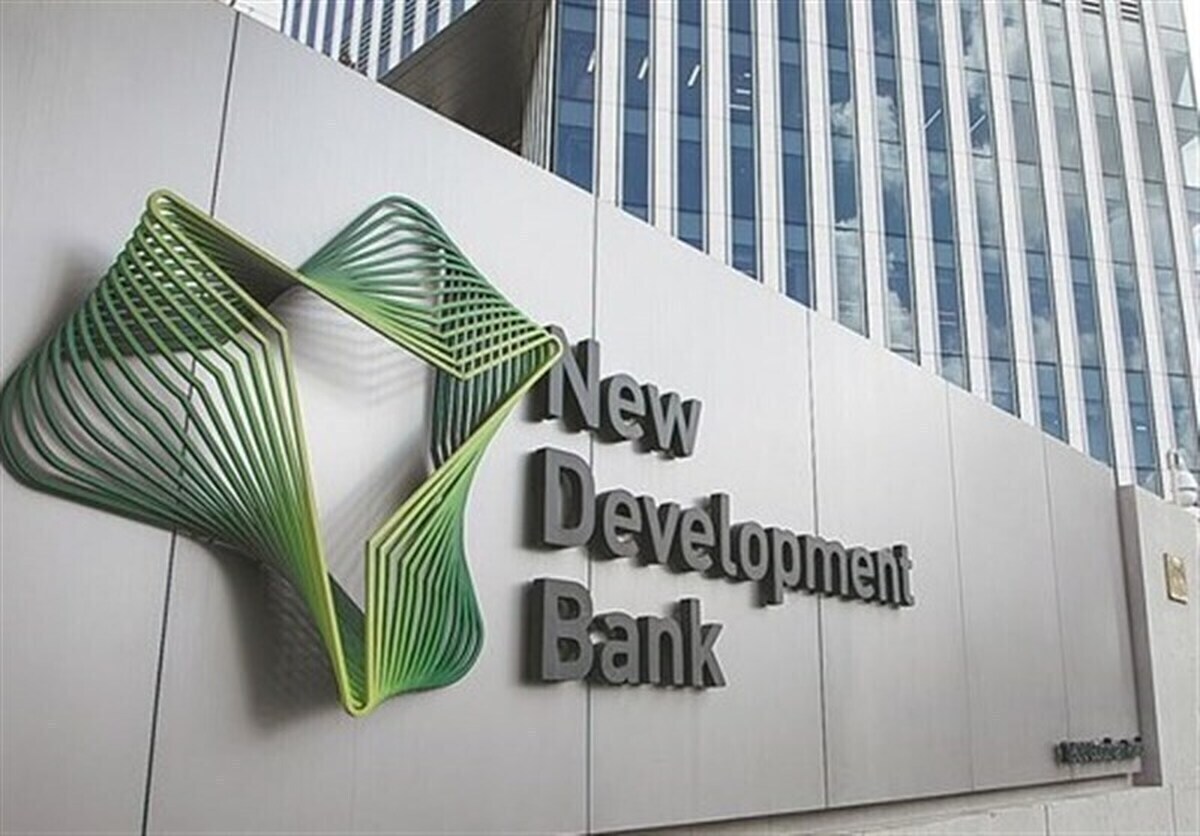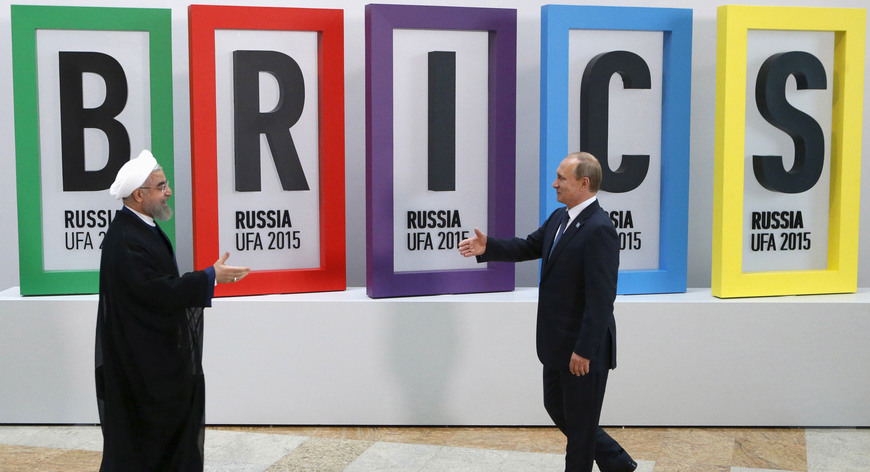
BRICS Member States Upgrade Iran Risk Rating

EghtesadOnline: The member states of BRICS, the association of five major emerging economies, have each upgraded Iran's risk rating to pre-sanctions levels, the deputy head of Export Guarantee Fund of Iran said.
"Export credit agencies of Brazil, Russia, India, China and South Africa have each gradually improved Iran's rating in their own risk classifications since the nuclear deal was implemented [in January 2016]," Arash Shahr-Aeini also told Financial Tribune.
Referring to data provided by export credit agencies of BRICS countries, the official noted that China Export and Credit Insurance Corporation, the major state-owned enterprise also known as Sinosure, has given Iran a BB risk rating of five from a scale of nine.
The Export Insurance Agency of Russia, well known as Exiar, has designated a risk rating of four out of seven to Iran while the nation has managed to acquire a B+ or three out of seven from the longstanding Export Credit Guarantee Corporation of India (ECGC) founded in 1957.
The Export Credit Insurance Corporation of South Africa, added Shahr-Aeini, has put Iran's risk classification at five out of seven.
The official, who also serves on the EGFI board of directors, did not possess any confirmed internal reports on the nation's standing with the Agencia Brasileira Gestora de Fundos Garantidores e Garantias, better known as the Brazilian Guarantees Agency, but data on their official website shows that a risk rating of six out of seven has been allotted to Iran.
To put things into perspective, Shahr-Aeini noted that Sinosure provided $375 billion worth of coverage for the $2.3 trillion Chinese exports, excluding services, last year while the ECGC covered $42 billion of India's $264 billion annual exports.
OECD Approach
But while BRICS member states are increasingly showing Iran signs of a brighter future in terms of risk classifications that directly influence the flow and cost of much-needed foreign finance into the country, the Organization for Economic Cooperation and Development has yet to showcase the same air of approval.
The international body did upgrade Iran's risk rating from its abysmal seven to six in June of last year, but has not improved it further as many Iranian officials and pundits have been expecting.
"Although it is mostly the only risk rating organization whose news are highlighted in the Iranian media, the OECD is not the whole world," Shahr-Aeini said, noting that BRICS members boast a total population of 3.6 billion or close to 45% of the world's population while accounting for more than 22% of global GDP at $17 trillion.
As the official outlines, OECD holds four meetings per year while it usually focuses on Middle East and North Africa affairs in its January meeting, which means that while there is an upcoming meeting in October, Iran will most probably not be able to enjoy another risk rating upgrade before 2017 is out.
But even though he does believe that the nation will have its risk classification elevated by at least one point as part of the next OECD gathering, the EGFI deputy noted that qualitative factors as opposed to quantitative ones are the reason for the lack of improvement in Iran's true economic risk rating.
"Within the framework of the Country Risk Assessment Model (CRAM) employed by OECD and considering purely economic values, Iran would have a risk rating of three out of seven right now, but political factors i.e. the possibility of the US pulling out of the nuclear accord, have kept the rating down," he says.
Major economic values considered by CRAM are the ratio of debt to GDP and debts to exports, along with how much assets a country holds.
According to Shahr-Aeini, with less than $10 billion in debts, a double-digit GDP growth registered last year and more than $100 billion in assets, these are all categories in which Iran passes any test with flying colors and "ranks among the best in the world".
But as the world watched in dismay just a few days ago when hawkish US President Donald Trump threatened to annihilate North Korea in his first speech at the United Nations, he also cast further doubt on his approach toward JCPOA–the formal name of the nuclear accord–when October brings another deadline by which the US has to decide whether or not Iran has remained faithful to its commitments.
WhileTrump has driven a deep wedge between the White House and its European allies with his wait-and-see approach regarding JCPOA and discomfortting many leaders at the UN summit, Shahr-Aeini is optimistic.
"Europe has made its choice to work with Iran," he said, which clearly manifests itself in the form of two foreign finance deals worth €1.5 billion ($1.8 billion) that were clinched on Thursday with Austria's Oberbank and Denmark's Danske Bank.


